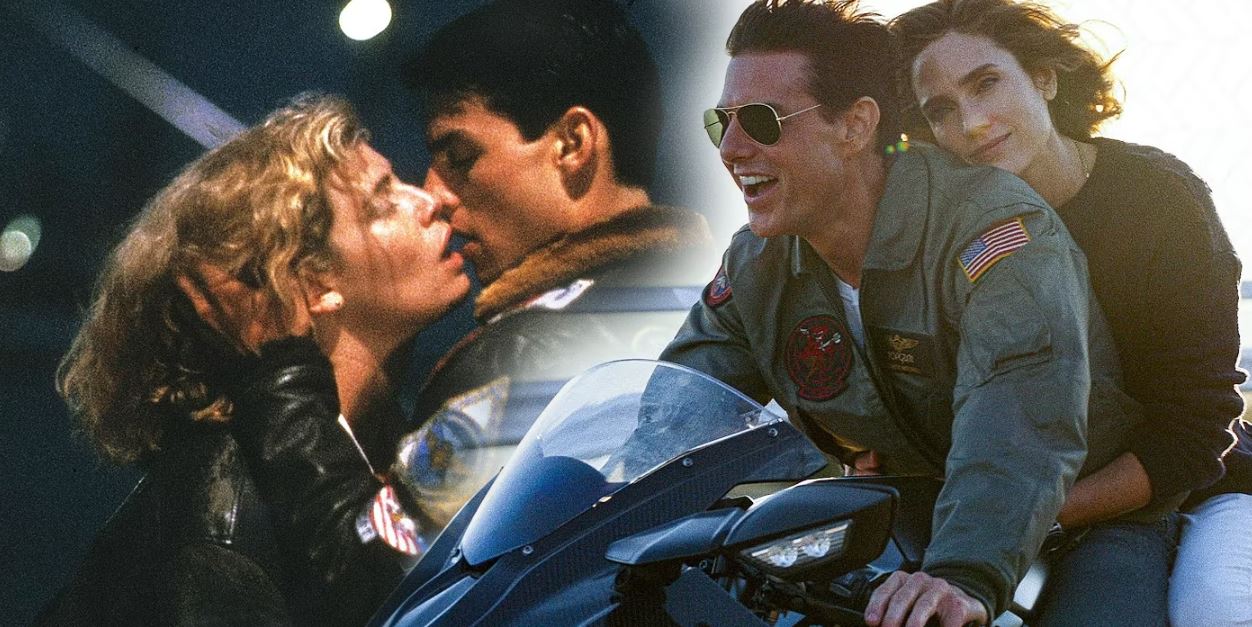Charlie’s absence in the highly-anticipated Top Gun: Maverick can be explained by Maverick’s apparent professional stasis. Top Gun: Maverick finally arrives in cinemas on May 27, but not all of the original Top Gun characters will be returning in the new movie. While Maverick (Tom Cruise) and Iceman (Val Kilmer) are confirmed to be back, Kelly McGillis’s Top Gun heroine Charlie, Maverick’s love interest in the original movie, won’t be making an appearance in the sequel.
According to its plot synopsis, Top Gun: Maverick will have a darker tone than the original Top Gun and will see the series address the character flaws that made Maverick such a reckless renegade in the earlier movie. These same qualities appear to have held him back from promotion throughout his career since Top Gun ended, which might explain why he and Charlie never worked out.

A possible explanation for Charlie’s Top Gun: Maverick absence could be because Maverick remains a Captain despite over thirty years of service. While there is nothing wrong with working as a Captain, the duration of Maverick’s time in the Navy and his status as one of its best test pilots means that he should, theoretically, have been offered numerous promotions from this position in the decades since the ending of Top Gun.
However, much like Top Gun focused less on real wars and more on Maverick’s internal conflicts, Top Gun: Maverick is set to illustrate how Maverick has been emotionally trapped in his 80s glory days since the end of the original movie, something that is made manifest in his status as a Captain. There’s a sense that Maverick is stuck in time in Top Gun: Maverick and has not been able to move on from the feckless young recruit he was in Top Gun, which makes it understandable that Charlie found it impossible to keep their relationship working.

It would be hard for any character to stay in a stable relationship with a renegade like Maverick, and since the years between movies didn’t see Cruise’s character settle down and become more mellow, it is little surprise that he and Charlie didn’t work out. The cocksure arrogance that made Maverick charming in Top Gun could easily become grating before long, and while Top Gun: Maverick’s superb early reviews praised Cruise’s performance, many of them noted that there were sides of pathos to the once-unstoppable antihero in the sequel.
As such, it would make sense for Top Gun: Maverick to reveal that Cruise’s character lost his first love due to his inability to grow up, something reflected in his lack of professional development. The same need for speed that made him irresistible to her could reasonably have driven Charlie away when Maverick failed to mature in adulthood, leaving him alone to consider his choices. This humbled, older version of Maverick is likely to be the one that Top Gun: Maverick is presented in the sequel, reflecting on the choices that drove away Charlie and his decision to never settle down professionally or personally.
